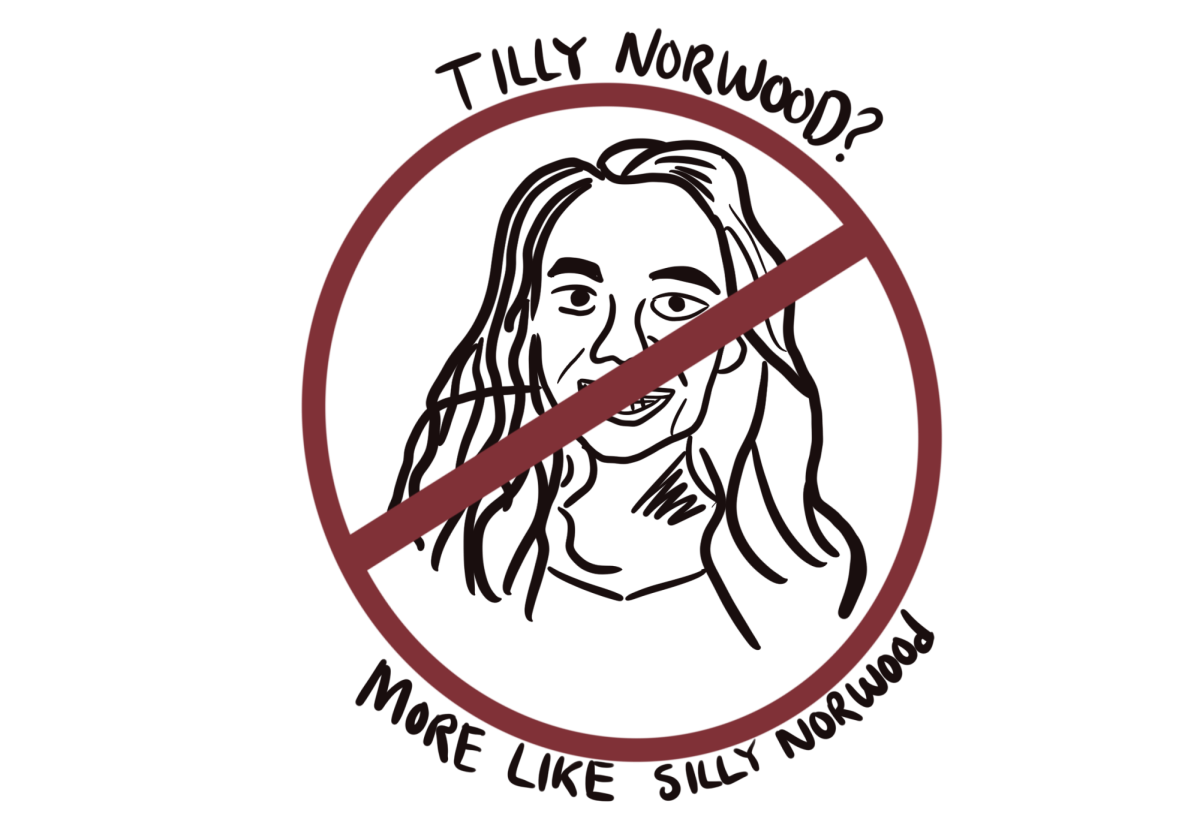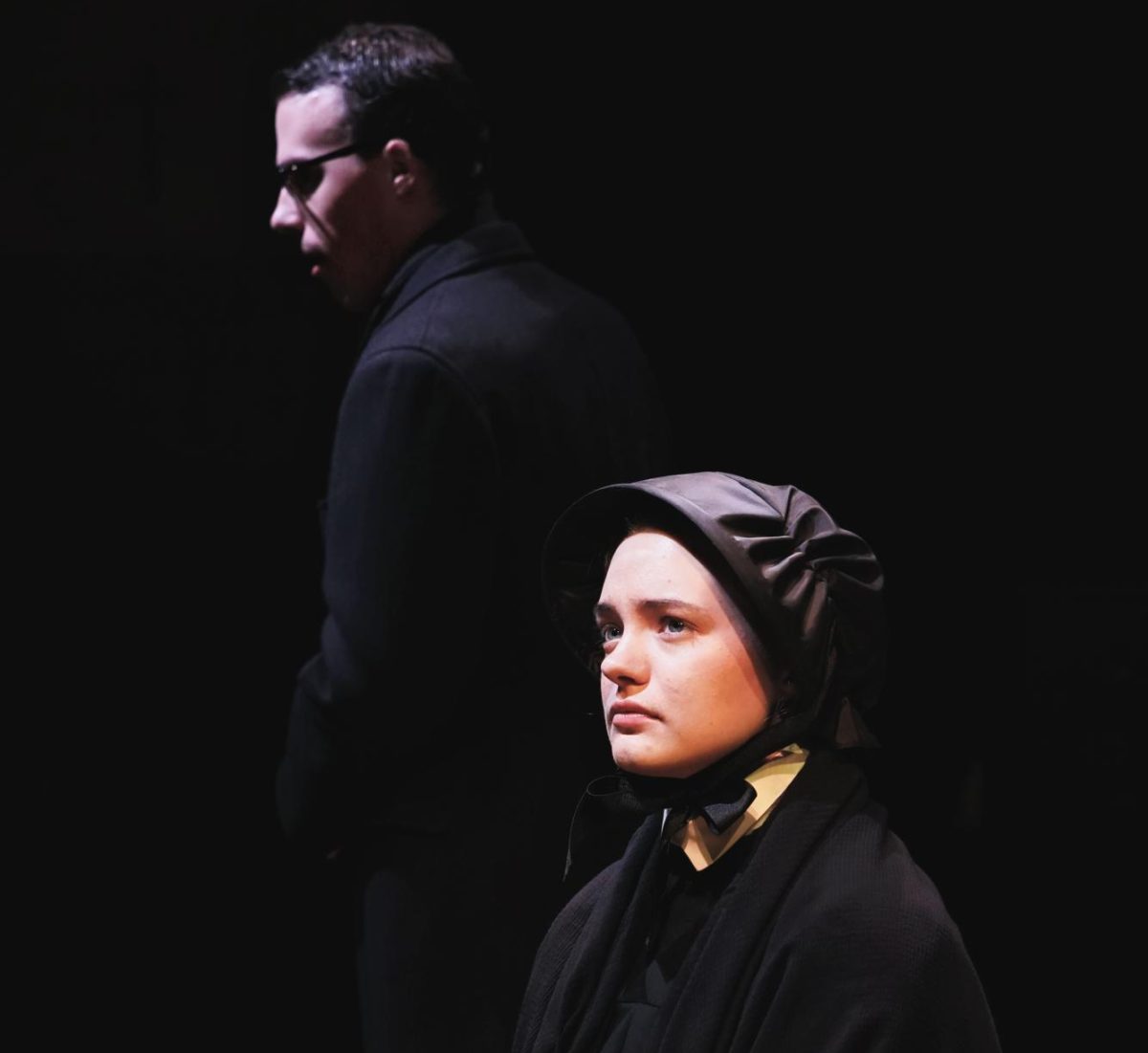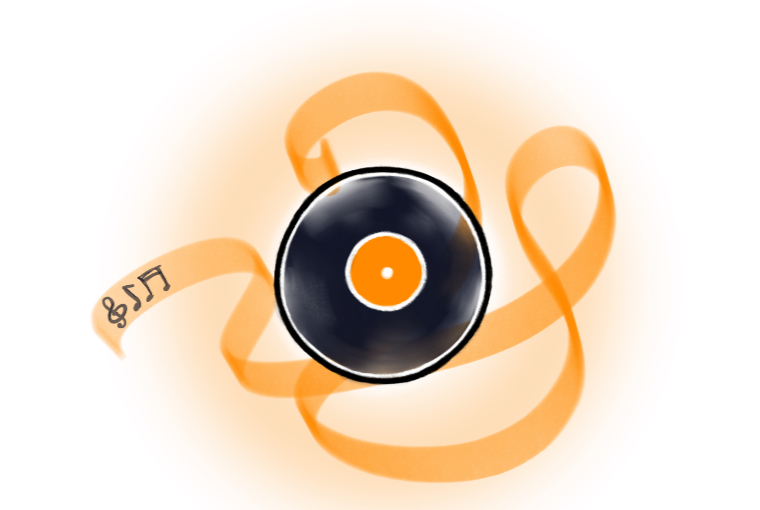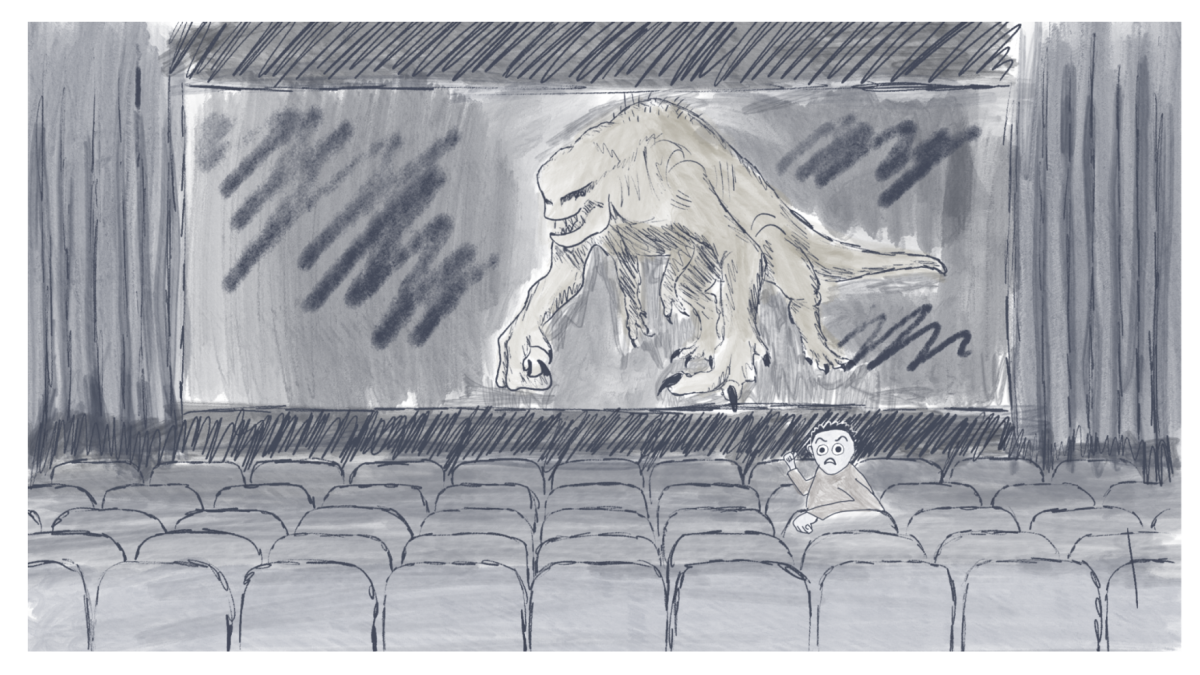English, chemistry, music, philosophy, history . . . At St. Olaf, we seem to have an overwhelming amount of majors from which to choose. However, we do not have nearly as many as most large, public universities. When you go to a liberal arts college, everything sounds interesting, making the decision harder. With all of the effort to choose the right fit, in the end, do majors even matter – especially when many of them do not relate to a particular career?
Zach Schwartz ’14, a chemistry major, believes that while there is not a specific career associated with his major, many of the concepts he is learning will relate to health care later.
“I chose chemistry as my major so I could understand the human body at the most basic level and to hopefully one day advance health care from the knowledge I learned in my major,” Schwartz said.
Majors matter since they expose students to the fundamental concepts of a subject, preparing them for future careers based on these fundamentals. However, majors at a liberal arts college are not chosen just for the potential they offer in securing a job. They allow students to discover who they are and what they enjoy.
“I knew coming here that if I got a liberal arts education, I would become well-rounded. Even though it doesn’t lead to a career, I figured I would do something I enjoyed, and the skills I learn in my major would help me in the future, specifically at law school down the road,” said Grace Kane ’15, a political science and religion double major.
Once students have found something that interests them, they may be tempted with the possibility of double majoring. With the flexibility of the liberal arts, students have the option of creating some unique combinations, ranging from math and theater to chemistry and music to economics and philosophy. That is the beauty of the liberal arts – the possibilities are endless.
Soren Docken ’15 chose to double major in music and math because he loves both subjects and did not want to choose between them, a difficult choice he would likely have been forced to make at a large public university. At the end of the day, what he is learning about himself through these majors, rather than the particular subjects themselves, means the most to him. “These majors have taught me that persistence is more important than skill, and, as with anything in life, it is never a bad thing to ask others for help, as long as you grow in understanding,” Docken said.
It is important to note that the number of majors a student has is not as important as choosing a major that fits his or her interests.
“There is no benefit to having a specific number of majors. You should let classes that interest you decide your major, not let the major decide your classes,” Schwartz said. “The skills you learn in classes are what is important, so the more interesting the class is to you, the more you will learn.”
The liberal arts are not focused on ushering students into lucrative careers through particular major choices, but the critical thinking skills and the flexibility that students learn through exploring classes in many different fields. The major a student chooses will hopefully lead him or her on a path of personal discovery that will prepare him or her for any job. Here, more than the subject is taught; students learn life lessons through a variety of classes, most of which will not be in their major.





